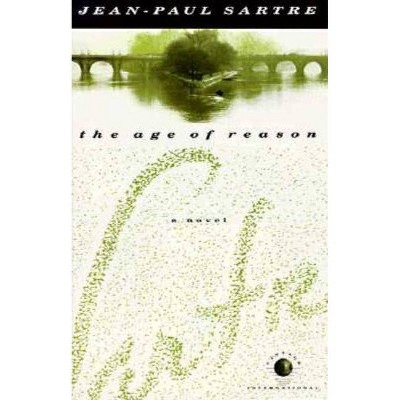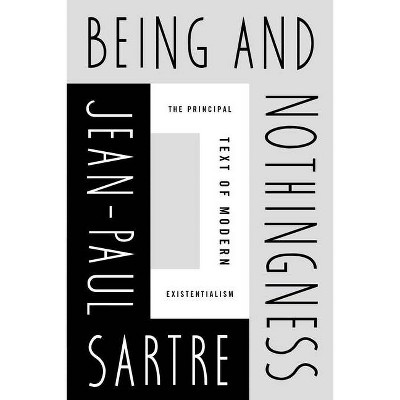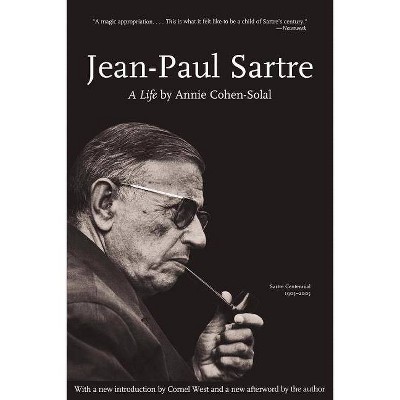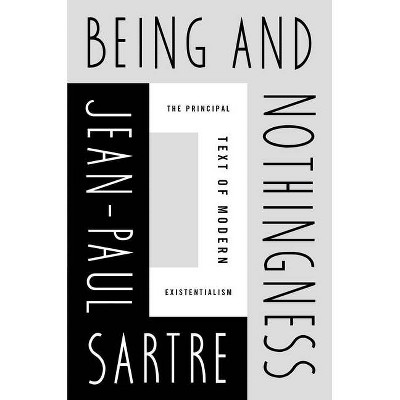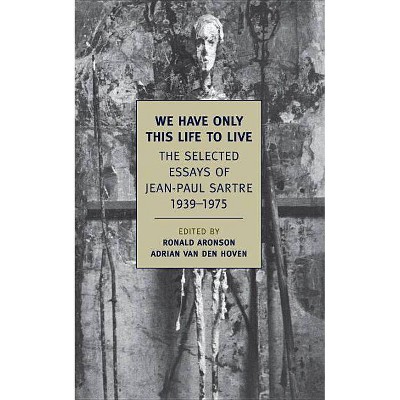The Transcendence of the Ego - by Jean-Paul Sartre (Paperback)
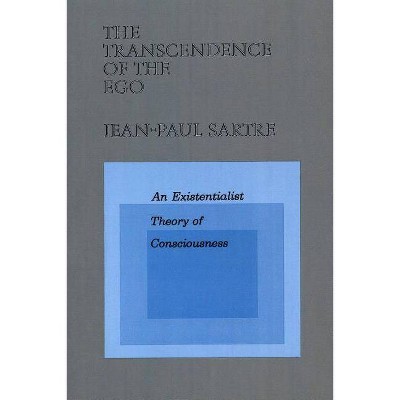
Similar Products
Products of same category from the store
AllProduct info
<p/><br></br><p><b> Book Synopsis </b></p></br></br><p>First published in France in 1937, this important essay marked a turning point in Sartre's philosophical development. Before writing it, he had been closely allied with phenomenologists such as Husserl and Heidegger. Here, however, Sartre attacked Husserl's notion of a transcendental ego. The break with Husserl, in turn, facilitated Sartre's transition from phenomenology to the existentialist doctrines of his masterwork, <i>Being and Nothingness</i>, which was completed a few years later while the author was a prisoner of war. <p/>This student-friendly edition of <i>The Transcendence of the Ego</i> also includes an introduction and notes/annotations by the translators.</p><p/><br></br><p><b> From the Back Cover </b></p></br></br>The Transcendence of the Ego, first published in France in 1937, may be regarded as a turning point in the philosophical development of Jean-Paul Sartre. Before writing this essay, Sartre had become intimately acquainted with phenomenologists such as Edmund Husserl and Martin Heidegger. In this critically significant essay, Sartre attacked Husserl's notion of a transcendental ego. This disagreement with Husserl was profoundly important for Sartre, and it facilitated his transition from phenomenology to the doctrine of Being and Nothingness.<p/><br></br><p><b> About the Author </b></p></br></br><p><b> Jean-Paul Sartre--</b>novelist, essayist, playwright, and philosopher--was France's leading existentialist. Among his most famous works are the novel <i>Nausea</i>, the play <i>No Exit</i>, and the philosophical treatise <i>Being and Nothingness.</i></p>
Price History
Price Archive shows prices from various stores, lets you see history and find the cheapest. There is no actual sale on the website. For all support, inquiry and suggestion messages communication@pricearchive.us



